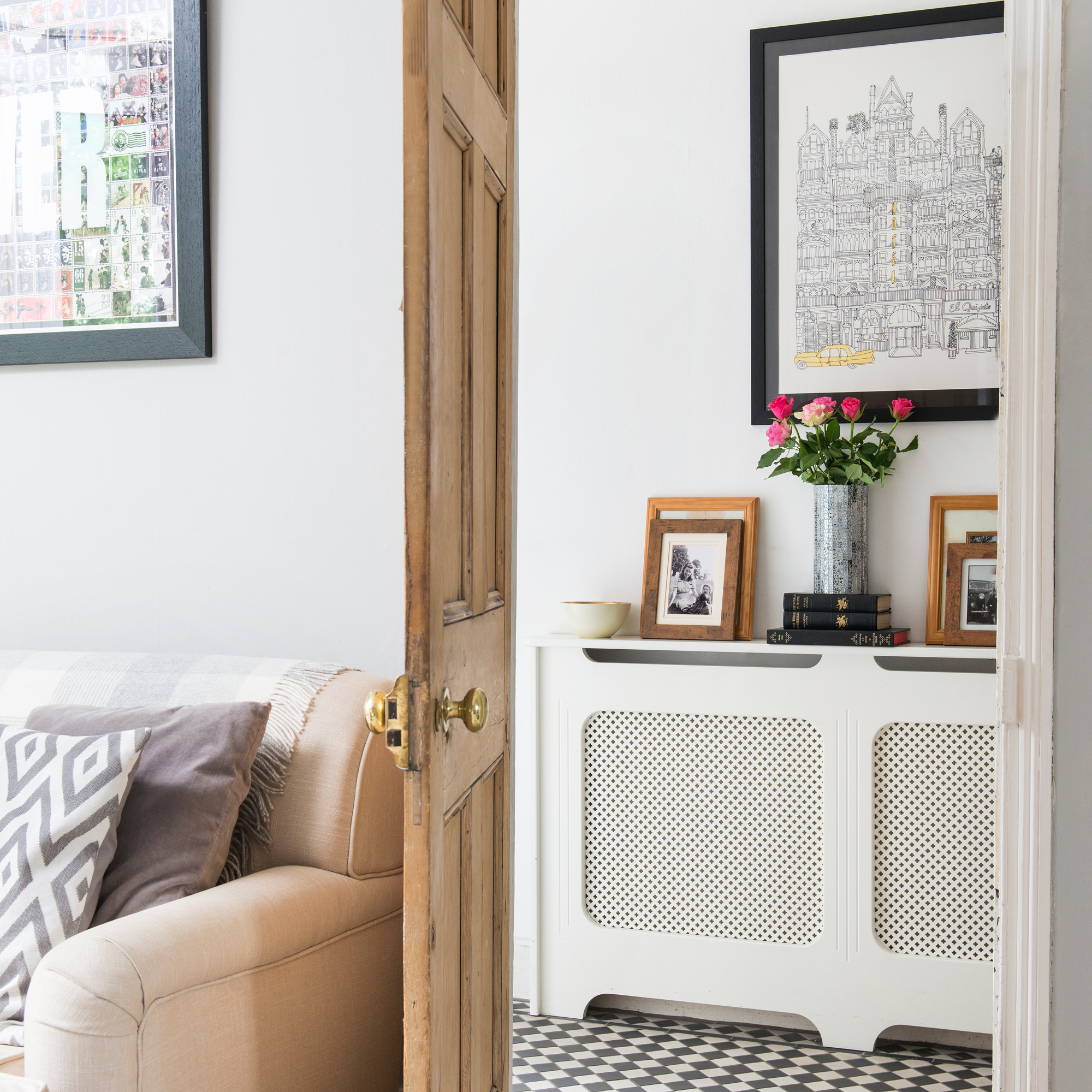
If you’re not sure if you should fix your energy tariff, you’re not alone. The last 12 months or so have been full of volatility around energy prices. April 2022 saw a massive 54% increase in the energy price cap and it was due to skyrocket again in October 2022. This caused the government to intervene and introduce the Energy Price Guarantee in order to keep energy bills remotely affordable.
This price guarantee effectively replaced the energy price cap, and meant that the average annual energy bill for a typical household (based on typical use) would be no more than £2,500. But with our energy suppliers paying sky high prices to buy the energy they sell to their customers from the wholesalers, the government stepped in to make up the shortfall.
When it was first announced by former Prime Minister Liz Truss, the £2,500 price guarantee was going to be in place for two years, but when Jeremy Hunt became Chancellor of the Exchequer, he confirmed that because wholesale prices were continuing to rise, the guarantee would only be in place at that level until April 2023, at which point it was going to rise to £3,000 for the remainder of the two year timeframe.

However, energy market analysts were predicting that wholesale energy prices were going to fall below the £2,500 level of the price guarantee by July 2023, so there was mounting pressure on the government to postpone April’s planned increase. In the Spring Statement, Jeremy Hunt confirmed that instead of increasing, the price guarantee would remain at £2,500 for an additional three months.
Gareth Kloet, Go.Compare’s energy spokesperson, says: 'The news that the government plans to keep the Energy Price Guarantee in effect at its current level of £2,500 will come as a relief to many, and means households will be protected from high energy rates for a further three months.'
It has not yet been confirmed what will happen in July, but if forecasts come to pass, we could see energy prices come down.
Should I moved to a fixed energy tariff?
Right now, it’s best to hold fire and remain on your supplier’s default or variable tariff as you will be protected by the price guarantee.
When the energy crisis began, fixed deals were removed from the market as there were no good deals to be had. Those whose fixed deals came to an end were likely moved on to their supplier’s standard tariff which meant they were paying the rate stipulated by the energy price cap, or the price guarantee when it came into force.
Most suppliers still haven’t started offering cheap fixed rate deals again. However, towards the end of March 2023, Ovo offered its existing customers a 12 month fixed rate deal which was priced at £2,275 - £225 cheaper than the price guarantee. But money saving expert Martin Lewis urged households to be cautious before jumping to a fixed rate deal that might not actually work out cheaper in the long run.
'People need to be very careful not to just jump on a fix because it costs less than they're paying right now. If you're on a standard tariff, the rates you pay are governed by a cap. That cap is currently set by the Energy Price Guarantee, and will stay roughly stable until the end of June.
'After that, because wholesale rates - the rates energy firms pay - have dropped, it's likely the price cap will drop, and on current predictions that means you'll start paying 20% lower rates than now. That price is predicted to stay around that point until the end of the year and into early 2024.
'Based on those predictions, unless a fix is more than 15% cheaper than your current standard tariff - and this one isn't - it's unlikely to be cheaper over the year.'
Do remember however that this advice is all based on predictions that may change.

Are fixed energy tariffs coming back?
Once there is a bit more stability in the energy market and prices drop further, energy suppliers will likely start bringing back fixed-price tariffs. However, even if wholesale prices drop lower than current levels, they won’t be as low as before the energy crisis.
That means when fixed rate deals return to the market, they are likely to be more expensive than fixed-rate tariffs you have been on in the past.
When deals do return, it’s worthwhile using a price comparison tool, like our sister site Go.Compare, to get a sense of what’s available and whether you could save more money by moving to a different supplier.
Many people prefer fixed rate tariffs as the rate you pay per unit of gas and electricity is locked in for the duration of the fixed plan, so any changes to wholesale energy prices won’t affect what you pay. But remember, that doesn’t necessarily mean your bill will be the same each month - that will be determined by how much energy you actually use.







